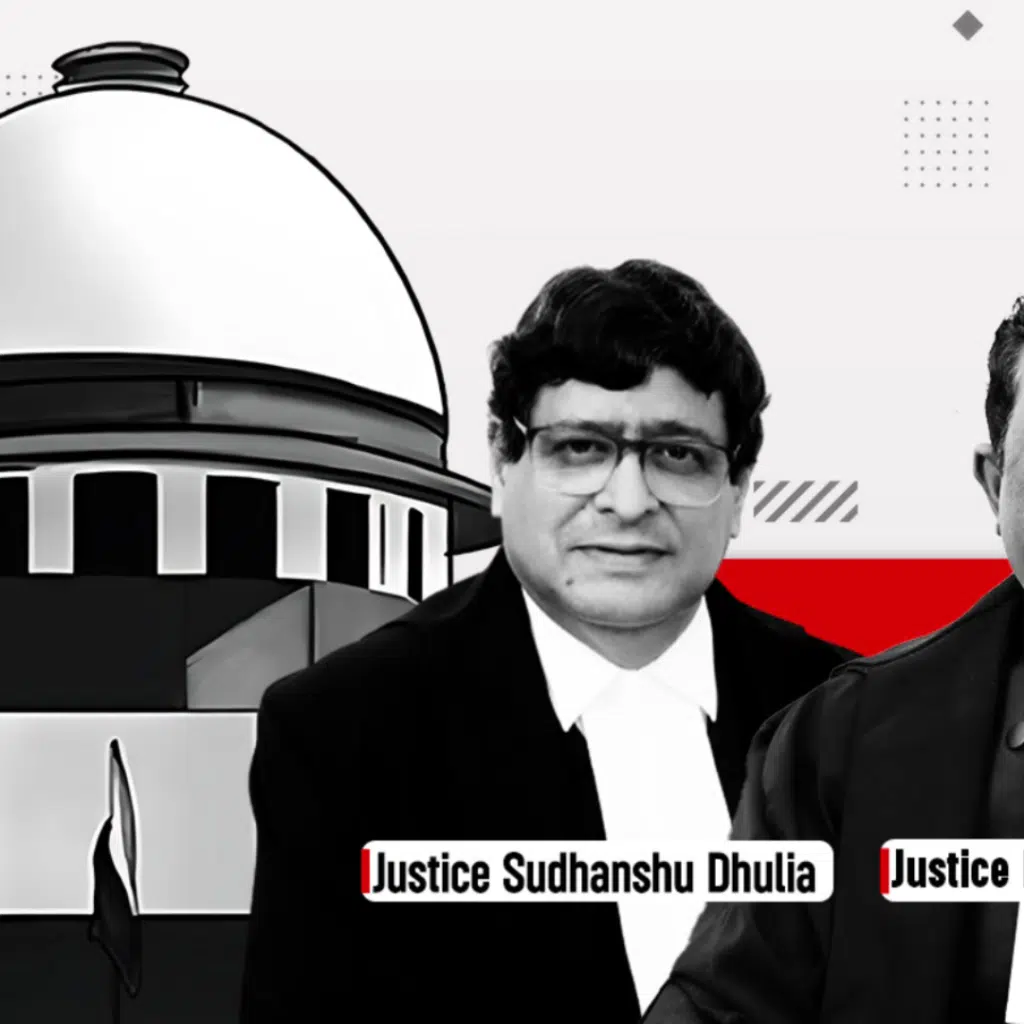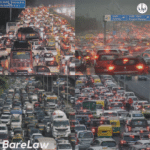
Supreme Court Rules Withdrawal from Marriage Proposal Not Amounting to Cheating Under Section 417 IPC
Table of Contents
The Indian Supreme Court has ruled in a recent decision that failing to execute a marriage ceremony at a scheduled location does not amount to cheating under Section 417 of the Indian Penal Code (IPC). The highest court highlighted that making a marriage proposal does not always indicate dishonesty, and there are a number of reasons why the proposal might not go through.
In the matter that was brought before the court, the accused was charged of cheating under Section 417 IPC for not fulfilling a marriage proposal after reserving a marriage venue. After reviewing the prosecution’s case, the court determined that there was not enough evidence to prove the accused person’s fraudulent purpose. The complainant’s emotional pain was acknowledged by the court, but it emphasized how crucial it is to distinguish between criminal activity and contractual violations.
The Supreme Court’s decision offers clarification on how Section 417 IPC should be interpreted legally in relation to marriage issues. By highlighting the necessity of tangible proof to establish fraudulent intent, the court maintains the presumption of innocent unless proven guilty. This ruling also serves as a reminder of the difficulties in establishing criminal responsibility in marriage and the need for substantial proof.
The Supreme Court’s ruling, in summary, emphasizes the significance of proof standards in situations involving claims of cheating under Section 417 IPC. Although the court acknowledges the psychological effects of unsuccessful marriage offers, it reiterates that hard proof is required to prove criminal responsibility. This ruling upholds the values of fairness and due process in the Indian judicial system and establishes a precedent for cases with comparable issues in the future.
FAQ
What impact does the Supreme Court’s decision on marital conflicts have?
The decision clarifies how Section 417 IPC should be interpreted and emphasizes how crucial tangible evidence is in proving criminal responsibility in matrimonial disputes.
Does the ruling take the complainant’s emotional anguish into account?
The court stresses the necessity for unambiguous proof to establish fraudulent intent, even as it recognizes the emotional toll that unsuccessful marriage offers can take.
What effect will the decision have on instances that are similar in the future?
The ruling upholds the values of justice and fair process by establishing a precedent for evidentiary standards in cases involving allegations of cheating under Section 417 IPC.
Barelaw, an online platform dedicated to delivering comprehensive legal knowledge, proudly presents its exclusive category of case briefs. This section is meticulously crafted to offer insightful analyses of landmark judgments, providing a valuable resource for legal professionals, students, and anyone interested in understanding the intricacies of law. Our case briefs delve deep into pivotal court decisions, exploring the rationale behind each judgment and its impact on the legal landscape.
We understand that navigating the complexities of legal judgments can be challenging. That’s why our case briefs are designed to be both informative and accessible, ensuring that readers gain a clear understanding of the key legal principles involved. Each brief includes a summary of the facts, the legal issue at hand, the court’s reasoning, and the ultimate decision. This structured approach makes it easier for our audience to grasp the nuances of each case.
Our website is a treasure trove of legal wisdom, constantly updated with the latest and most significant cases. Whether you’re a law student seeking to enhance your knowledge, a practicing attorney looking for a quick reference, or simply a curious mind eager to understand the law’s evolution, Barelaw is your go-to destination.
Explore our case briefs and immerse yourself in the world of law. Visit our website now and discover the wealth of legal knowledge at your fingertips. The link is provided below for your convenience and direct access to our expansive legal database
You can access more legal drafts here – https://www.barelaw.in/legal-drafts/



